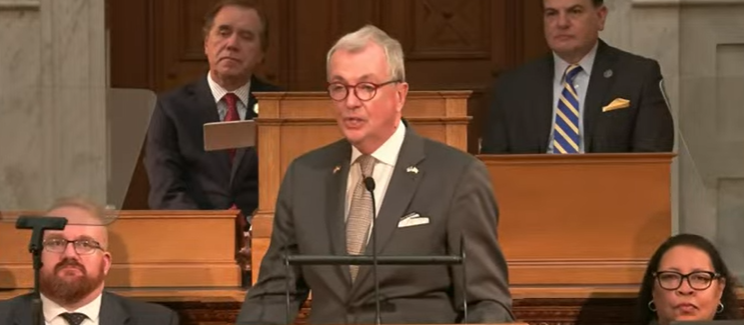The Impact of AI on the Writer’s Strike, ChatGPT, and You: A Look into the Current State of Affairs
Artificial Intelligence (AI) has been making significant strides in various industries, and the world of writing is no exception. With the advent of advanced language models like OpenAI’s GPT-3, writing tasks that were once exclusive to human writers are now being performed by AI systems. This technological advancement has sparked debates and discussions regarding its impact on writers, particularly in relation to ongoing issues such as the writer’s strike and the emergence of AI-powered writing assistants like ChatGPT. In this article, we will delve into the current state of affairs surrounding AI, the writer’s strike, and how it all affects you.
The writer’s strike is a recurring issue in the entertainment industry, where writers demand fair compensation for their work. Historically, writers have fought for better wages, working conditions, and creative rights. However, the rise of AI in writing has added a new dimension to this struggle. With AI systems capable of generating coherent and contextually relevant text, some argue that it could replace human writers and potentially undermine their bargaining power during strikes. This concern has led to heated discussions within the writing community.
OpenAI’s GPT-3, one of the most advanced language models to date, has garnered significant attention due to its ability to generate human-like text across a wide range of topics. It has been hailed as a breakthrough in natural language processing, enabling AI systems to understand and generate text that is virtually indistinguishable from that written by humans. This technology has paved the way for AI-powered writing assistants like ChatGPT, which can help users draft emails, write code, answer questions, and even generate creative content.
While AI-powered writing assistants offer convenience and efficiency, they have also raised concerns about job security for human writers. Some fear that these systems could replace human writers, leading to a decline in employment opportunities and potentially devaluing the craft of writing. However, it is important to note that AI systems like ChatGPT are designed to assist rather than replace human writers. They can provide suggestions, help with research, and aid in the creative process, but they still rely on human input and guidance.
The impact of AI on the writer’s strike is a complex issue. On one hand, AI systems can help meet the demand for content during strikes, ensuring that production continues without compromising quality. On the other hand, the increasing use of AI in writing may lead to a decrease in demand for human writers, potentially weakening their bargaining power during strikes. It is crucial for writers and industry stakeholders to find a balance that acknowledges the benefits of AI while safeguarding the rights and livelihoods of human writers.
As an individual, you may wonder how all of this affects you. The rise of AI in writing can have both positive and negative implications. On the positive side, AI-powered writing assistants can enhance your productivity, providing real-time suggestions and helping you overcome writer’s block. They can also democratize access to writing tools, making them more affordable and accessible to a wider audience. However, it is important to remain vigilant about the ethical use of AI and ensure that human creativity and expertise are not undervalued or overshadowed by AI systems.
In conclusion, the impact of AI on the writer’s strike, ChatGPT, and you is a multifaceted issue that requires careful consideration. While AI-powered writing assistants offer numerous benefits, they also raise concerns about job security and the future of human writers. Striking a balance between embracing AI advancements and safeguarding the rights of writers is crucial for a sustainable and equitable future. As AI continues to evolve, it is essential for writers, industry professionals, and society as a whole to engage in open dialogue and shape the future of writing in a way that benefits everyone involved.




